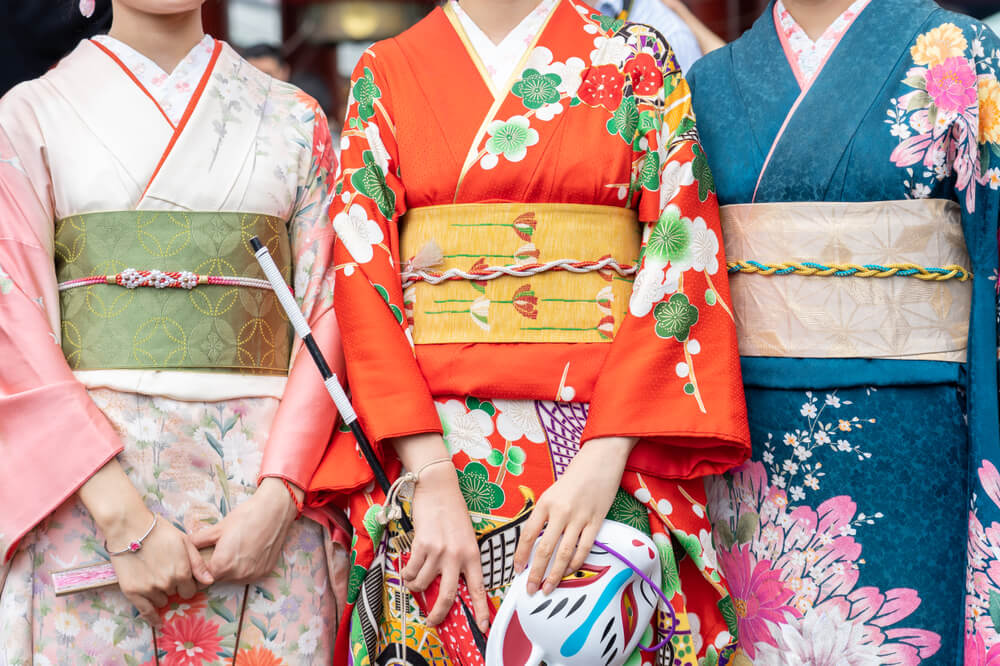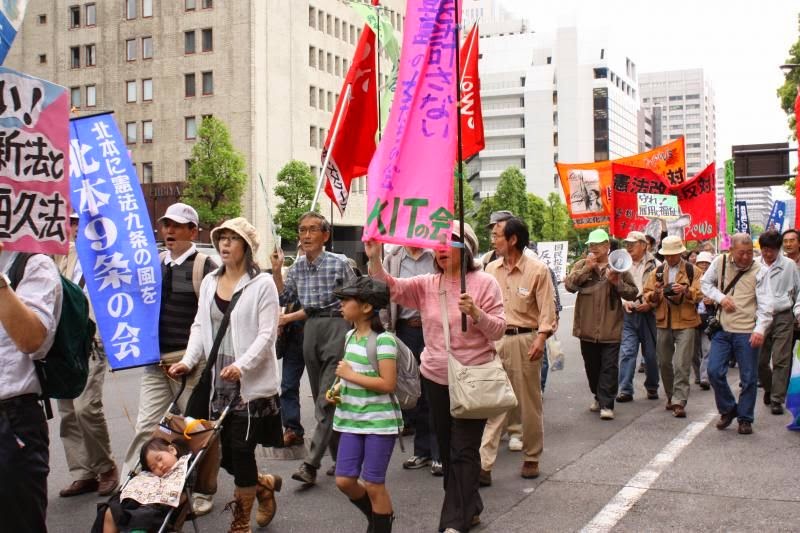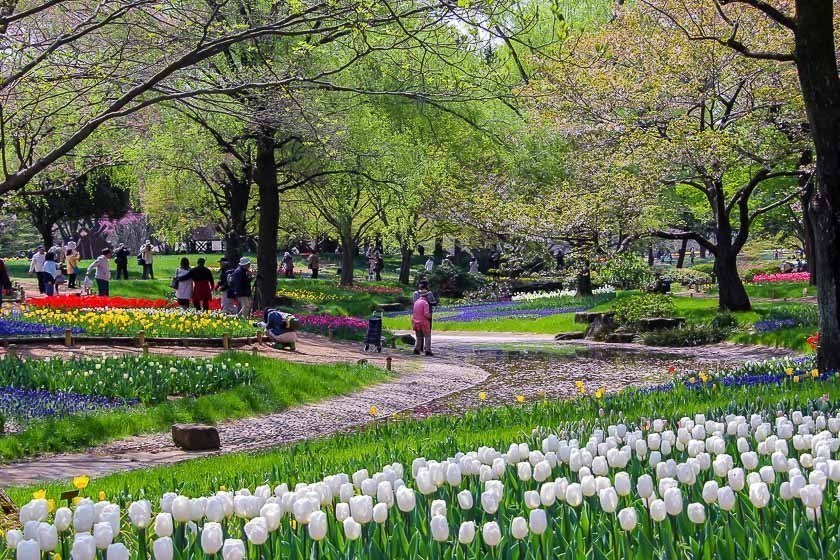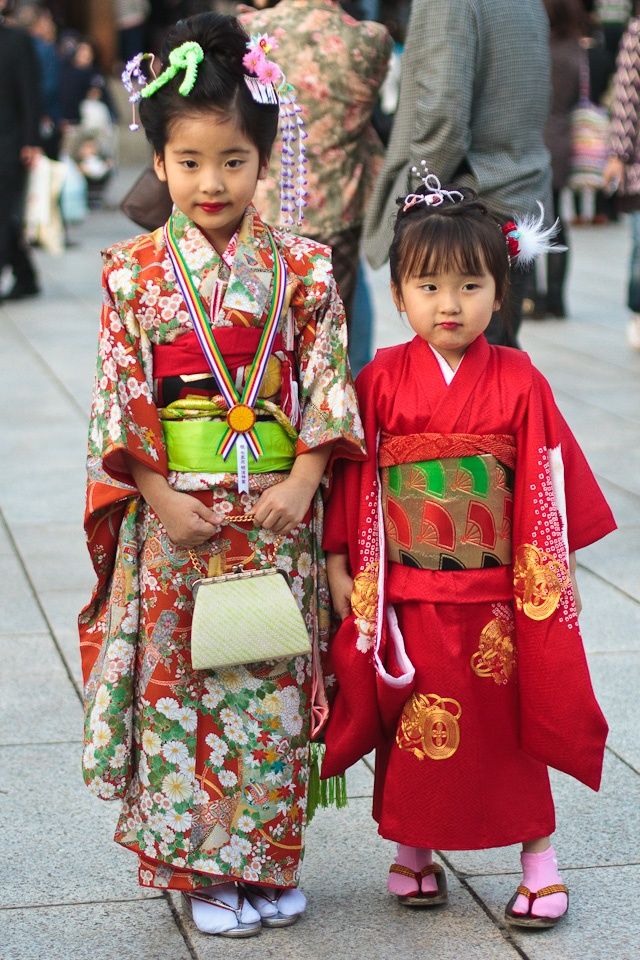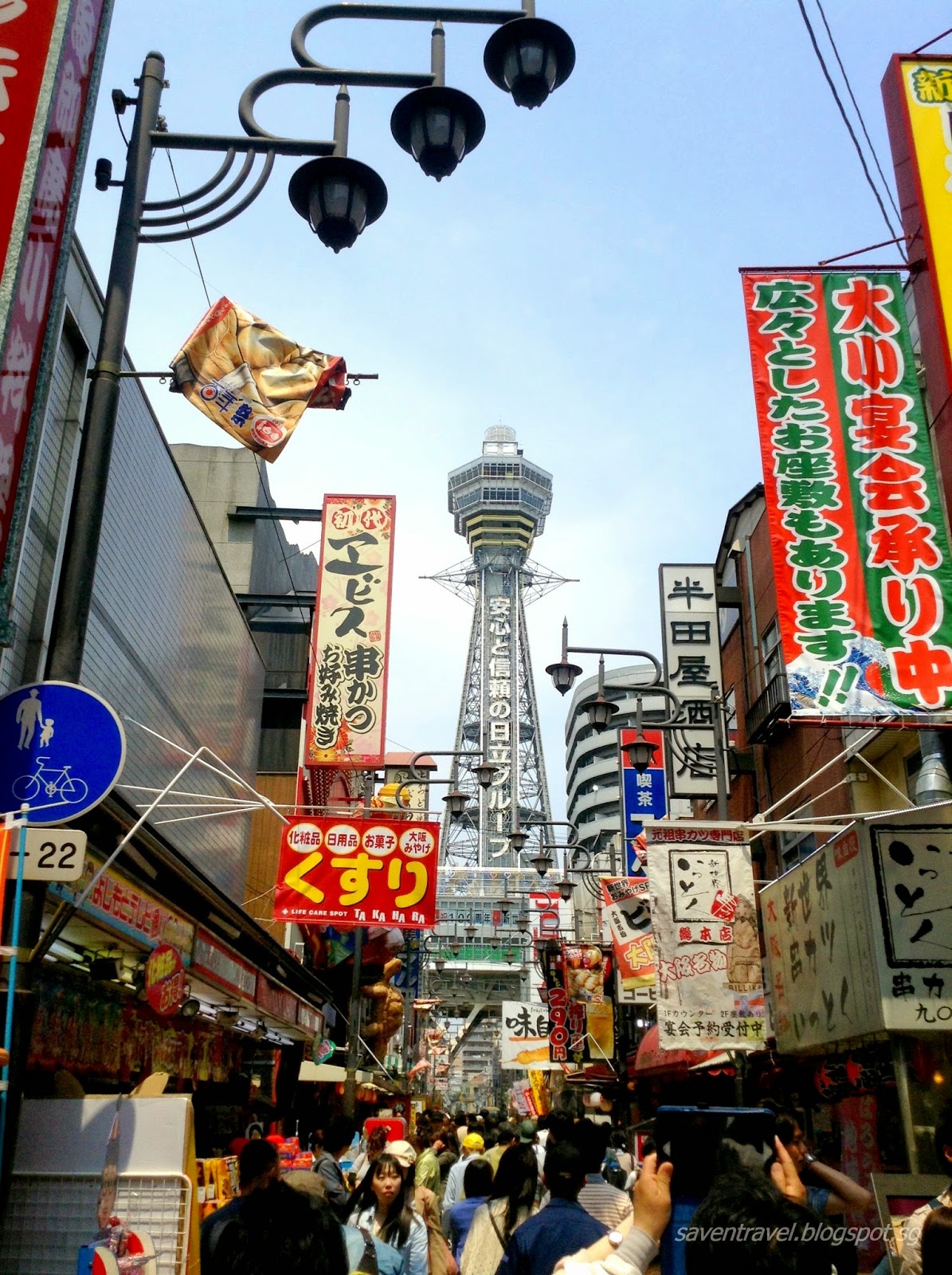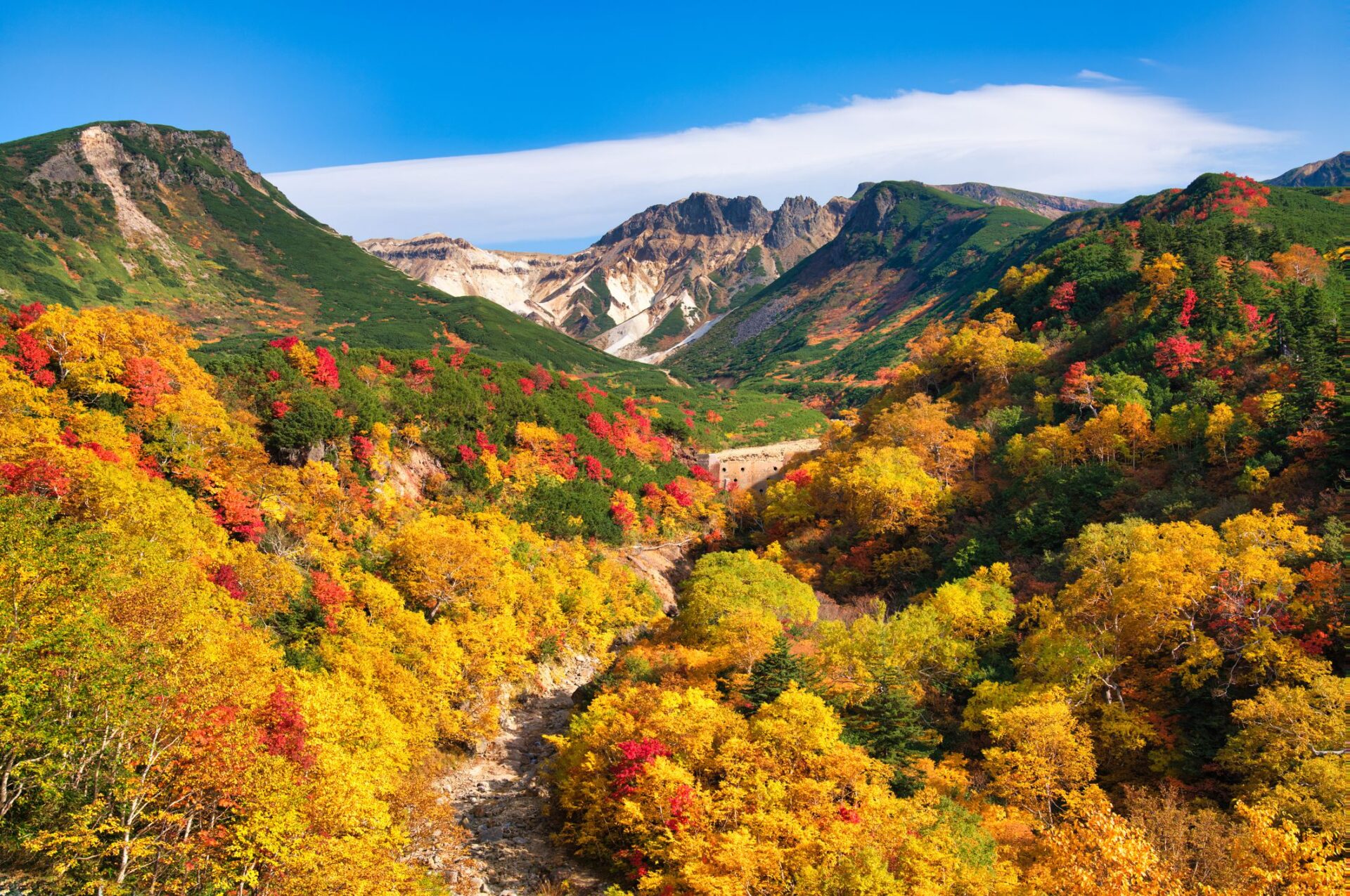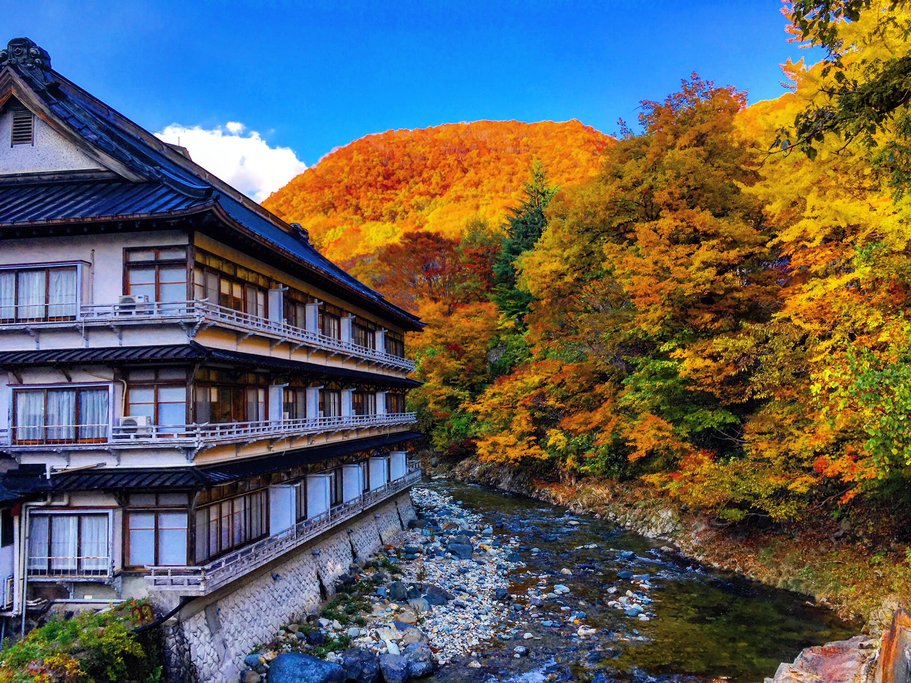Golden Week in Japan is a captivating period marked by the convergence of several national holidays. This week-long celebration not only showcases Japan’s rich cultural tapestry, but also offers an array of unique experiences, from traditional customs to vibrant festivals. As families come together and communities engage in time-honored activities, Golden Week presents an ideal opportunity for visitors to immerse themselves in Japanese culture fully. Whether exploring bustling urban centers or serene countryside locales, Golden Week in Japan promises a memorable and enriching experience for all.
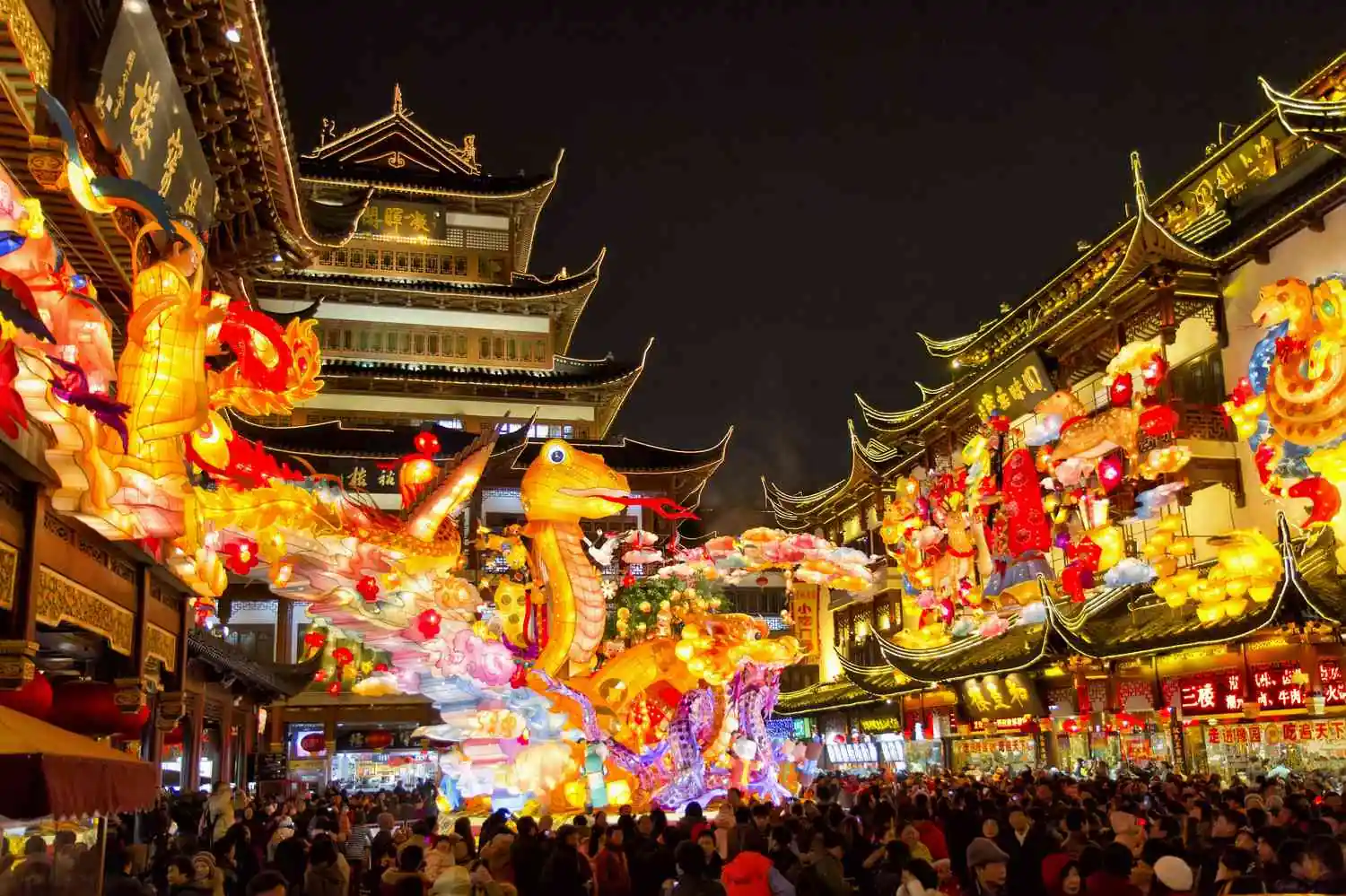
Key Holidays within Golden Week
Golden Week Japan consists of several significant holidays that hold deep cultural and historical importance. Understanding these holidays helps to appreciate the vibrant traditions observed during this period.
1. Showa Day (April 29):
Showa Day marks the birthday of Emperor Showa, who reigned from 1926 to 1989. It’s a time for the Japanese to reflect on the Showa era’s achievements and challenges. People often take this day to celebrate nature and renew their spirits.
2. Constitution Memorial Day (May 3):
This holiday commemorates the promulgation of Japan’s post-war constitution in 1947. It is a reminder of the country’s democratic values and also serves as a time for civic reflection.
3. Greenery Day (May 4):
Originally celebrated as Showa Day, Greenery Day is now dedicated to the appreciation of nature and the environment. Families and friends often engage in outdoor activities such as picnicking, hiking, and planting trees.
4. Children’s Day (May 5):
Children’s Day is a celebration of the happiness and health of children. Families will often display koinobori (carp streamers) and samurai dolls, symbolizing strength and vitality. Traditional kashiwa-mochi (rice cakes wrapped in oak leaves) are enjoyed during this festivity.
Holiday Comparison Table
| Holiday | Date | Main Significance |
|---|---|---|
| Showa Day | April 29 | Reflect on the Showa era |
| Constitution Memorial Day | May 3 | Celebrate Japan’s democratic constitution |
| Greenery Day | May 4 | Appreciate nature |
| Children’s Day | May 5 | Wish for children’s health and happiness |
These key holidays within Golden Week Japan create a unique mosaic of cultural observance that brings the nation together in celebration and reflection.
Popular Destinations During Golden Week
Golden week japan is a prime time for both locals and tourists to explore the country’s diverse and scenic destinations. The extended holiday period encourages travel, filling popular attractions with visitors eager to make the most of their time off. Here are some top destinations to consider:
Tokyo
- Famous for: Iconic landmarks, shopping, cultural events.
- Highlights: Shibuya Crossing, Tokyo Tower, Ueno Park’s blooming flowers.
Kyoto
- Famous for: Ancient temples, serene gardens, traditional tea houses.
- Highlights: Fushimi Inari Shrine, Kinkaku-ji (Golden Pavilion), Arashiyama Bamboo Grove.
Osaka
- Famous for: Modern architecture, vibrant nightlife, delicious street food.
- Highlights: Osaka Castle, Dotonbori district, Universal Studios Japan.
Hakone
- Famous for: Hot springs, scenic views, traditional inns.
- Highlights: Lake Ashi, Hakone Shrine, Owakudani volcanic valley.
Hokkaido
- Famous for: Natural beauty, spring flowers, outdoor activities.
- Highlights: Shiretoko National Park, Hakodate’s cherry blossoms, Noboribetsu hot springs.
Comparing Major Cities:
| Destination | Cultural Landmarks | Natural Scenery | Modern Attractions | Cuisine Focus |
|---|---|---|---|---|
| Tokyo | High | Medium | High | Diverse |
| Kyoto | High | High | Low | Traditional |
| Osaka | Medium | Low | High | Street Food |
By checking out these popular destinations, you can immerse yourself in the various cultural, historical, and modern experiences that Japan has to offer, ensuring a memorable Golden Week.
Traditional Japanese Customs Observed
Golden Week in Japan is not only a time for travel and leisure but also an opportunity to engage in various traditional customs that reflect the rich cultural heritage of the country. Several customs stand out during this festive period, giving both locals and visitors a deeper appreciation of Japanese traditions.
Firstly, kodomo no hi (Children’s Day) is celebrated on May 5th. On this day, families display koinobori (carp streamers) outside their homes. The carp, a symbol of strength and perseverance, represents a family’s hopes for their children to grow up strong and resilient. Additionally, families may participate in rituals such as taking shobuyu baths, which involve placing iris leaves in hot water, believed to ward off evil spirits.
Throughout Golden Week, people often visit shrines and temples to pay respects. Purification rituals, such as washing hands and mouth at the entrance fountains, are commonly observed. Offering prayers and making small donations for good fortune during the holidays are also customary.
In households, many follow the custom of wearing traditional attire like yukata or kimono. This enhances the festive atmosphere and allows individuals to connect with their cultural roots. Meals during this period often feature traditional Japanese dishes, including sushi, tempura, and mochi.
In summary, Golden Week in Japan provides a unique window into traditional customs and practices. From displaying carp streamers to visiting sacred places, these traditions help maintain the cultural essence of this special time. Therefore, participating in these customs offers a more immersive and authentic experience of Golden Week for everyone.
Travel Tips for Visitors During Golden Week
Golden Week in Japan presents a unique opportunity to experience the country’s culture and festivities, but it also brings significant travel challenges. Here are some essential travel tips to ensure you make the most of your visit:
1. Book in Advance:
Golden Week is one of the busiest travel periods in Japan. Flights, trains, and accommodations fill up quickly.
- Reserve your tickets and lodging months ahead.
- Consider alternative lodging options like guesthouses or ryokan.
2. Plan Ahead:
Due to increased tourism, popular destinations can get extremely crowded.
- Create a detailed itinerary.
- Prioritize must-see attractions and visit early in the morning to avoid crowds.
3. Use Public Transportation:
Japan’s public transport system is efficient and reliable, even during Golden Week. However, expect congestion.
- Purchase a JR Pass if you plan on traveling extensively by train.
- Be prepared for longer wait times and busy stations.
4. Explore Off-Peak Times:
Timing your activities wisely can help you avoid peak-hour rushes.
- Visit temples and parks early in the morning or late in the afternoon.
- Avoid traveling on the first and last days of Golden Week.
5. Stay Connected:
Having internet access can be crucial for navigation and live updates.
- Rent a portable Wi-Fi device or buy a local SIM card for continuous connectivity.
6. Be Flexible:
While planning is essential, so is flexibility.
- Have backup plans in case attractions are too crowded or booked.
- Explore lesser-known areas to avoid the main tourist rush.
Comparison Table: Accommodation Availability During Golden Week
| Accommodation Type | Availability | Cost Increase |
|---|---|---|
| Hotels | Limited, book months in advance | High |
| Ryokan (Traditional Inns) | Limited, unique cultural experience | Moderate to High |
| Guesthouses | Better availability, more budget-friendly | Low to Moderate |
| Airbnb | Good as a last-minute option | Moderate |
By following these travel tips, you can enjoy Golden Week in Japan to the fullest while navigating the challenges of peak travel times.
Frequently Asked Questions
What is Golden Week in Japan?
Golden Week in Japan is an annual series of holidays that occur at the end of April and beginning of May. It typically consists of four national holidays: Showa Day, Constitution Memorial Day, Greenery Day, and Children’s Day. This period is one of Japan’s busiest holiday seasons, often marked by festivities, travel, and various cultural events.
Why is Golden Week significant in Japanese culture?
Golden Week holds significant cultural importance in Japan because it combines several important national holidays. It provides a rare period of extended rest for Japanese people, who typically have fewer holidays throughout the year. The week offers an opportunity for family reunions, participating in traditional ceremonies, and exploring the country’s tourist attractions.
How do Japanese people usually celebrate Golden Week?
Japanese people celebrate Golden Week in various ways, depending on personal preferences and family traditions. Common activities include traveling domestically or internationally, visiting family members, participating in local festivals, and engaging in outdoor recreational activities like picnics and hikes. Many also take advantage of this time to visit tourist attractions, which often host special events during this period.
What are some traditional events or festivals held during Golden Week?
Several events and festivals occur during Golden Week. One of the highlights is the Kanda Matsuri in Tokyo, celebrated every odd year. Other notable festivals include the Hakata Dontaku Festival in Fukuoka and the Hamamatsu Festival in Shizuoka. These events typically feature parades, traditional dances, music performances, and food stalls, showcasing Japan’s rich cultural heritage.
Is Golden Week a good time to visit Japan as a tourist?
Golden Week can be both an exciting and challenging time to visit Japan as a tourist. On the one hand, you can experience numerous cultural festivities and events. On the other hand, it’s one of the busiest travel periods in Japan, with crowded transportation systems and fully booked accommodations. If you plan to visit during Golden Week, booking well in advance and preparing for crowds is advisable.
